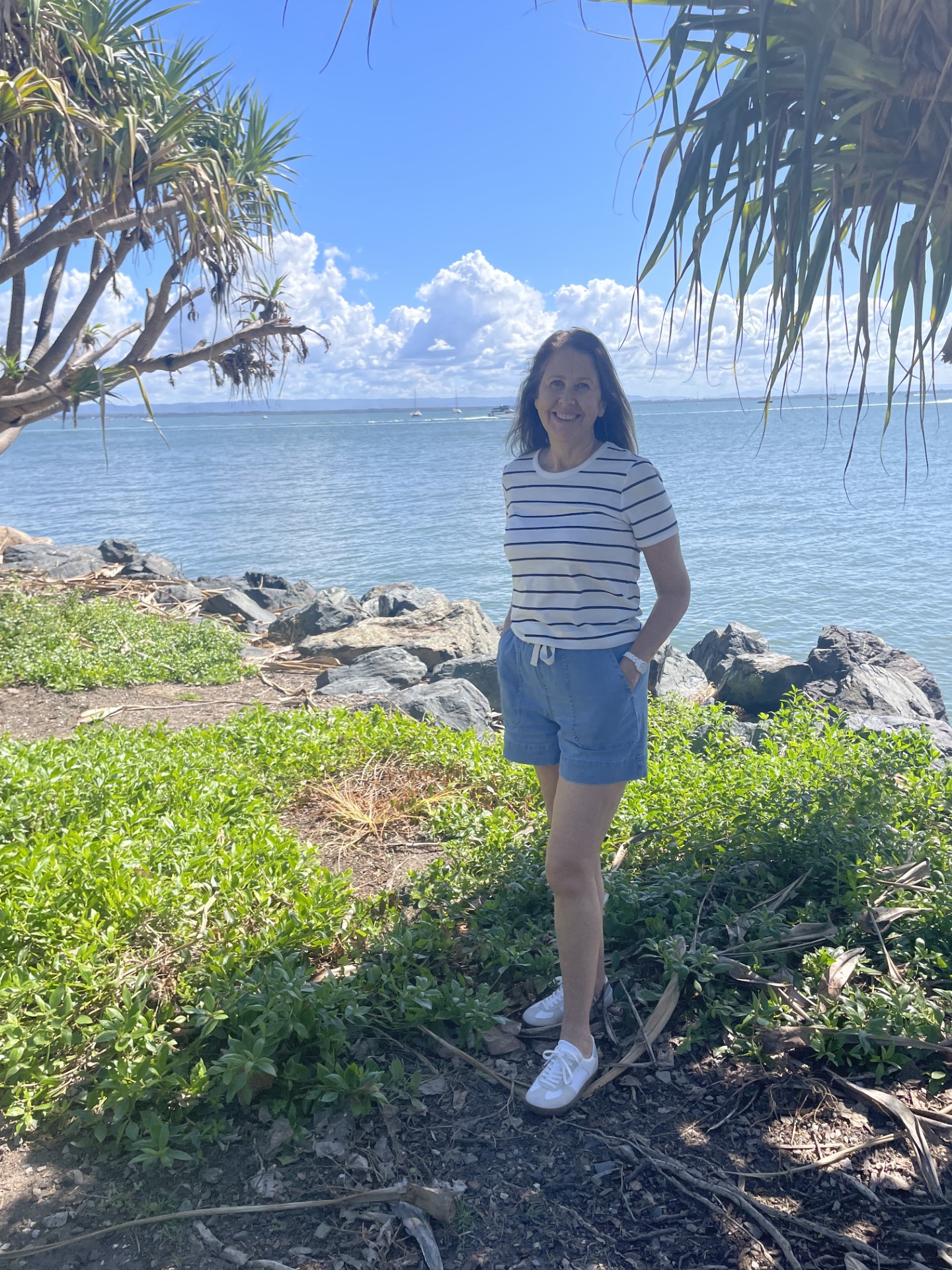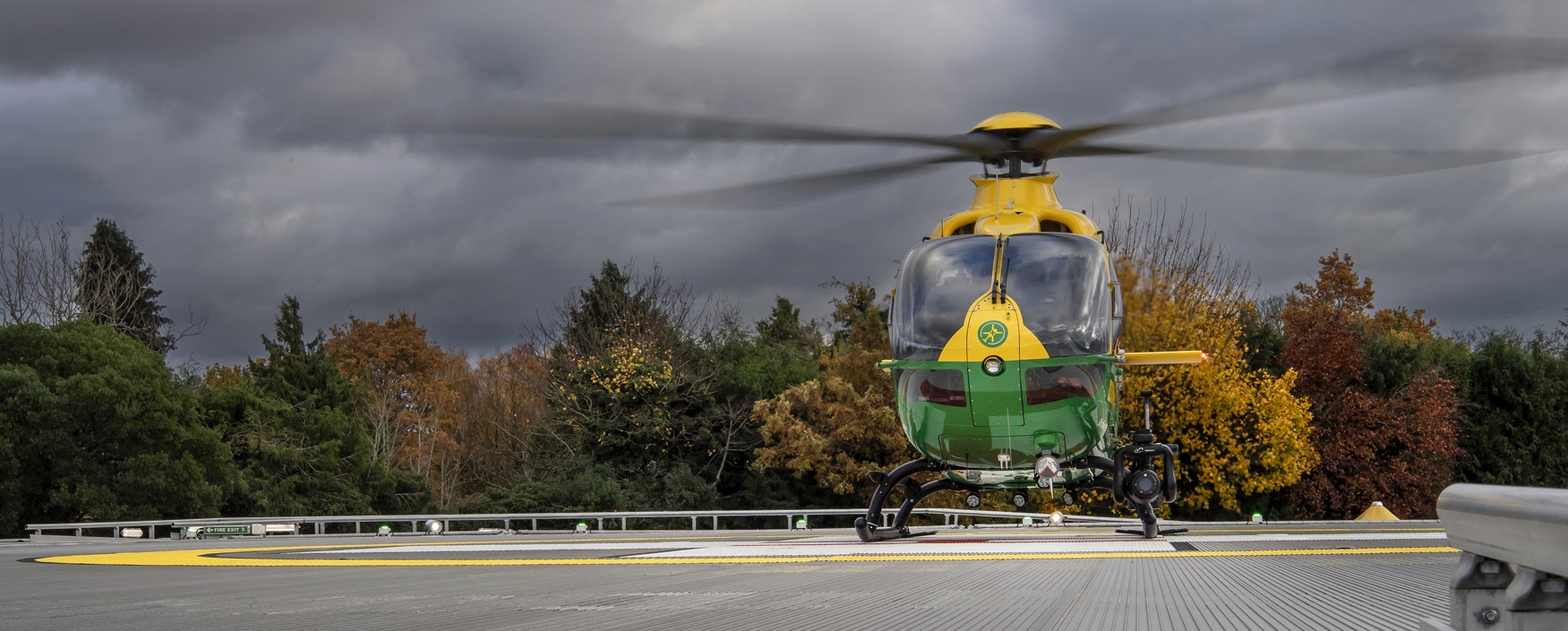On Wednesday 17 April 2014, our crew responded to a road traffic collision in the New Forest. Whilst on scene, they administered the charity’s first blood transfusion before taking the critically ill patient to hospital.
10 years on, this life-changing innovation has transformed the level of care we provide on scene – leading to significantly improved patient outcomes.
In the last five years alone, our doctors and paramedics have administered blood 274 times on scene*.
Among the top incidents our crews administered blood at is trauma, particularly road traffic collisions, and severe gastrointestinal bleeds. For many of these patients, any delay in starting a transfusion can be life-threatening.
Working in collaboration
Using technology first utilised by the British military in Afghanistan, we store blood on board the helicopter and emergency response vehicles at precisely the required temperature. It is then warmed with a device (MEQU) to the optimal temperature.
The blood carried on board is type O negative, known as the ‘universal donor,’ which is safe to give to any patient.
University Hospital Southampton Blood Transfusion Department supplies our blood products three times per week, which is delivered to our Airbase in Thruxton by our partners SERV Wessex, the blood bikers.
Any blood that is not used within 48 hours is returned to UHS where it can re-enter their supply chain and therefore avoid any wastage of this precious resource.
A life-saving difference
On 8 July 2022, 57-year-old Dawn Piper suffered life-threatening injuries when she was involved in a motorhome and HGV road traffic collision.
Dawn required an emergency blood transfusion from the Hampshire and Isle of Wight Air Ambulance crew to stem the blood loss from her fractured femur and complex lacerations to her leg and face.
Dawn’s blood pressure was falling dangerously low. Without adequate pain relief and an emergency transfusion, Dawn could have suffered detrimental injuries to her internal organs.
She was taken to University Hospital Southampton by road ambulance, with the air ambulance doctor and specialist paramedic travelling with her to continue her care.

Dawn is now back home with her daughter and partner.
Dawn said:
“Without the air ambulance being dispatched to the accident, my outcome would have been very different. The fact that the helicopter carries blood made all the difference. I was a long way away from home, and I am so grateful that thanks to the highly qualified team on board I eventually got back to Australia to see my daughter, partner and dog. The Aftercare team have also been instrumental in my recovery, and I am so thankful to them all.”
Mark Durell, Specialist Paramedic lead for Blood, said:
“Day and night, 365 days a year, we carry blood on board our aircraft and as part of our Critical Care Paramedic response car. Getting a blood transfusion into patients in need as quickly as possible is vital. It could mean the difference between them making it to hospital alive and returning home to their loved ones, or not making it home to their loved ones at all. It’s that simple.
“As ever, a huge thanks goes to our dedicated supporters who ensure we can continue evolving our practices to give each patient we treat the best chance of survival and recovery when the worst happens.”
*figures correct as of April 2024



 Donate
Donate







